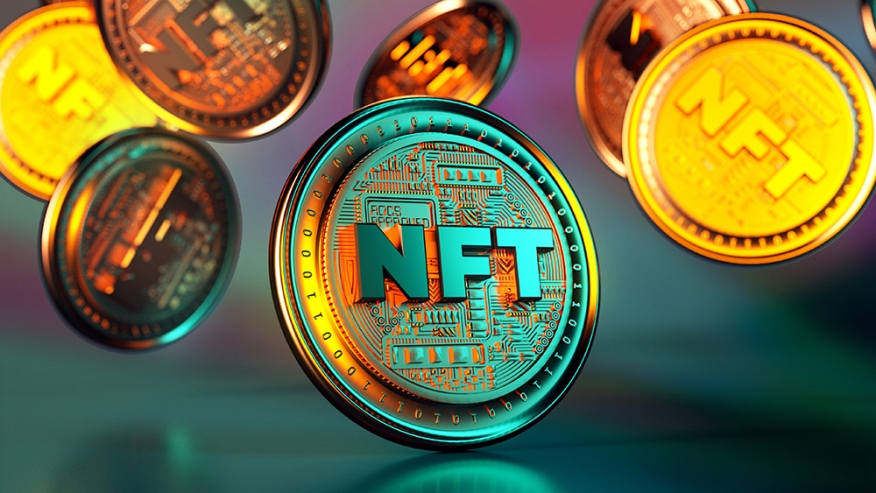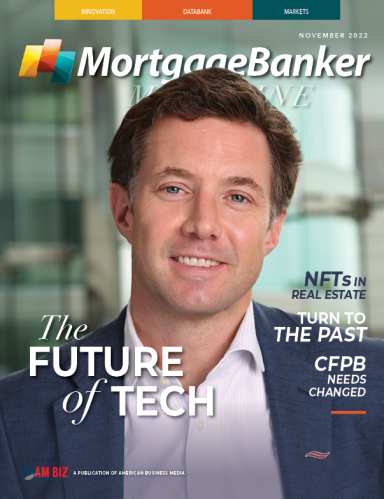In the instances we’ve seen where real estate was purportedly “tokenized,” Greenacre was placed into a title-holding legal vehicle, and somebody bought the vehicle as a way to indirectly buy Greenacre. The “vehicle” is often a limited liability company (LLC), and the cargo in the bed is the real estate. So, in those transactions, the NFT is meant to represent ownership of the LLC, not Greenacre.
So what’s wrong with that?
Buying and selling interests in LLCs (and similar legal vehicles) that hold title to physical real estate has been around in commercial real estate for years. Using NFTs to represent the ownership of an LLC is new. Here’s where the corporate law I mentioned comes in: you can argue that using a NFT to represent ownership of an LLC is just fine under the way LLC law works, and you can also argue that it’s not.
But regardless of who’s right about that debate, the “NFT an LLC” approach doesn’t actually make transferring real estate faster, cheaper, or easier. In fact, for most people, that approach would make it harder, slower, and more expensive.
How so?
Well, using legal vehicles to hold real estate titles is sophisticated. There are rules and requirements for setting up and maintaining an LLC. There’s paperwork to file. You have to know what you’re doing, or you need to hire others who do. So that takes time from you, or money to hire knowledgeable people like lawyers or accountants. And LLCs have setup costs and annual maintenance costs that you have to pay. There can also be tax-planning, estate-planning, and other legal complexities that pop up when holding real estate title in an LLC.
Some of these minutiae could make it hard to get an ordinary residential mortgage.
That’s why using LLCs to hold title is generally a commercial real estate thing. The LLC setup and maintenance costs are part of running that business, and typically there are a lot of lawyers and accountants already involved in the business anyway.
Now, there are some wealthy individuals who use LLCs to hold title to their residences because the time and cost involved is worth it for them. But they have the funds to hire lawyers and accountants to deal with the complexity. Most ordinary consumers don’t.
How would real estate law need to change to support direct tokenization of real estate?
Well, a new law would have to address the “tethering” problem. That might sound simple, but it opens up a lot of issues. It’s not clear that tethering real estate to NFTs would be better for ordinary consumers.
For example, NFT transactions are usually irreversible, and there are plenty of strange stories about NFTs being stolen. Deed fraud is already a significant problem today, but at least in the current legal system, a forged deed generally conveys no title and is void. With typical NFTs, once it’s transferred, it’s gone—whether the transfer was authorized or not. How would a NFT-based land title system handle that challenge without fundamentally changing the irreversible certainty that is touted as an advantage of NFTs?
Another big challenge is that title to Greenacre is more than just “who owns it,” and more than just “right now.” There are lots of other real estate interests that can affect Greenacre, both at the time of tokenization and in the future: things like homeowners’ association covenants or power line easements, for example. Without getting too technical about the way U.S. real estate law works, those things that affect Greenacre are stored and kept up to date in the county land records. Capturing that stuff in a NFT without creating a “dual entry” problem—where some things live in the county land records and other things are part of the NFT—would be an immense lift.
And even beyond that, real estate transfers in the U.S. are a state-law issue, so whatever legal changes might happen would have to be adopted by each state, one by one. Getting all of those states on the same page would be daunting.
You sound like a real downer on NFTs.
I’m not anti-NFT. I’m just not sold on this use of NFTs. Can you indirectly transfer a property as a token by putting that property into an LLC holding vehicle and tokenizing the ownership of the LLC? Maybe. But that does not make the average, bread-and-butter residential real estate transaction faster, cheaper, or easier.
The technology behind tokenization and NFTs is fascinating. But the real benefit of technology is when it creates a superior experience for the end-user. Right now, I just don’t think that NFTs do that for the average person who is buying or selling the average house.
If NFTs won’t make things faster, cheaper, and easier, what will?
The existing land title system isn’t perfect. There’s plenty of friction to be wrung out of the process. We’re doing some exciting things at First American to tackle that problem. Our Digital Title Group is working on providing accurate title information to our customers much faster. We are investing heavily in Endpoint®, IgniteRE™, and ClarityFirst® to digitize the residential and commercial closing process. And the Underwriting Innovation team that I lead is developing new tools that will help our underwriters make coverage decisions faster and easier. We believe these investments are the best way to create faster, cheaper, and easier real estate transactions here in the U.S.
As Paul Ford recently wrote in Wired, blowing up longstanding systems that people rely upon doesn’t necessarily make things better. That’s not the kind of disruption we need. Rather, I agree with Mike DelPrete’s view: “Disruption is going to come from a company that offers a superior experience at a superior price.” That’s exactly what we’re doing at First American.












